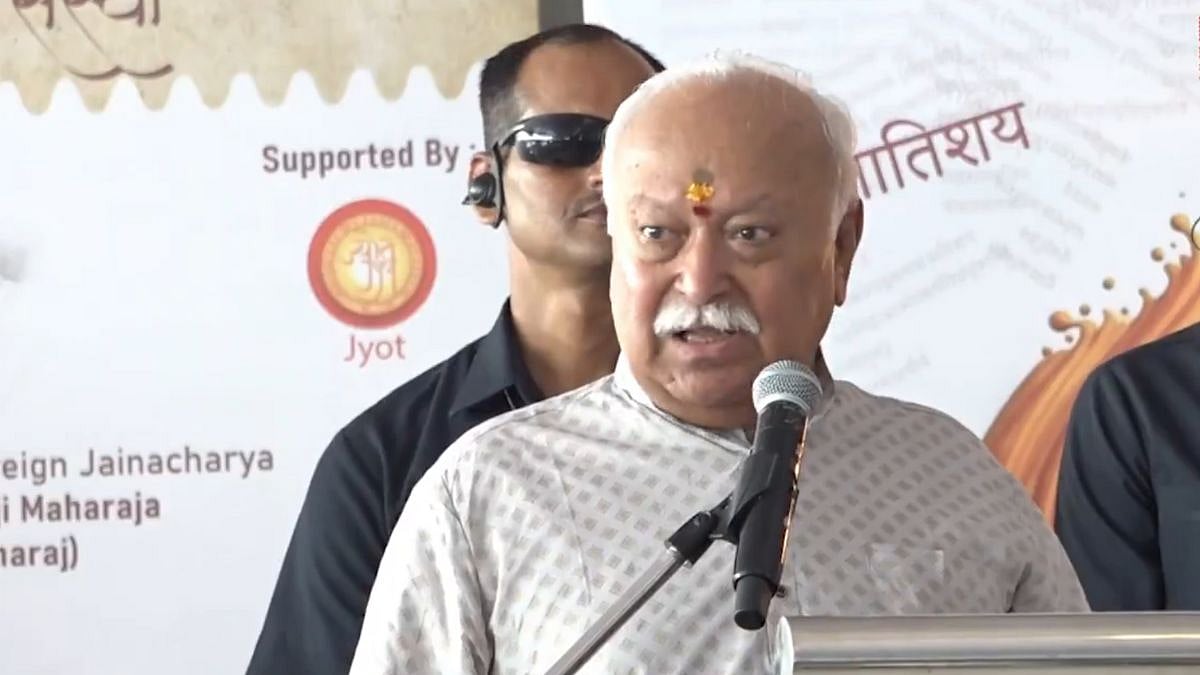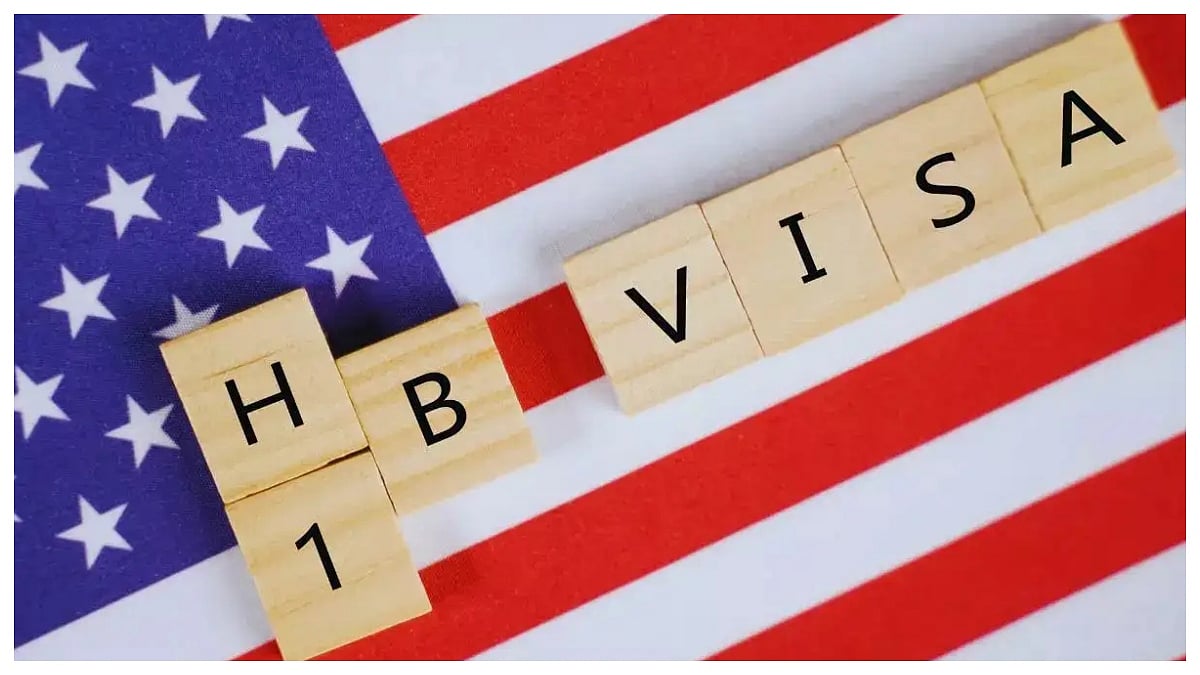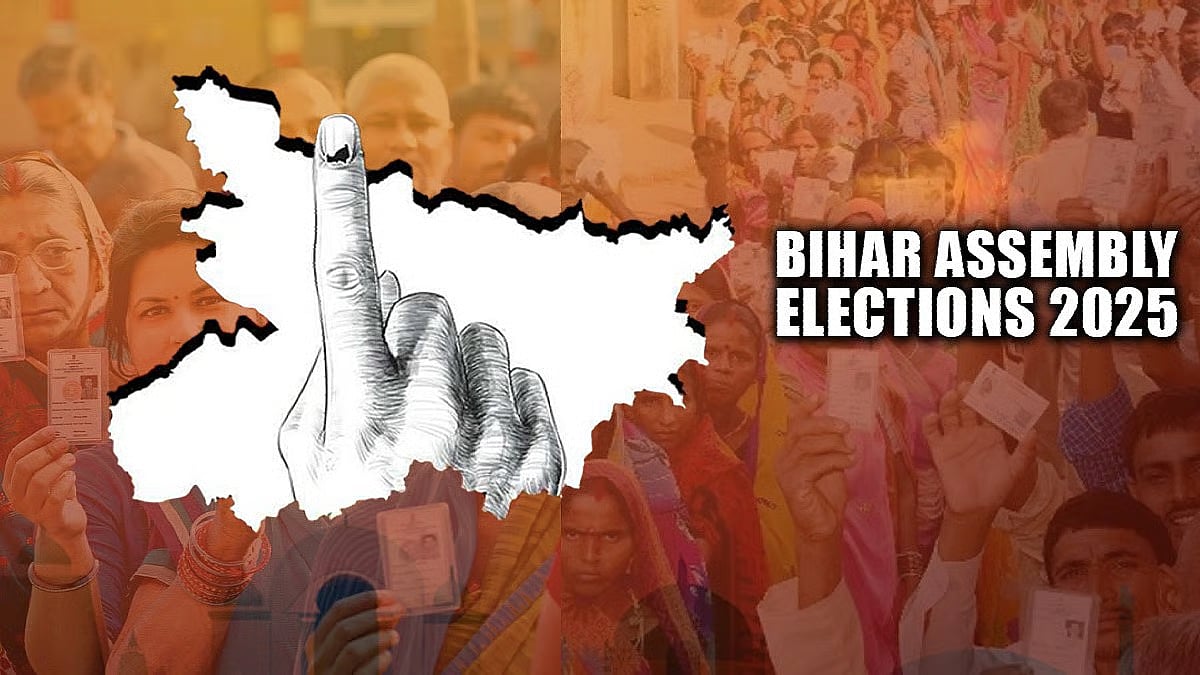A college lecturer is arrested by the police for ‘causing enmity among communities’ because he said: all religions are the same, in a class on Bhakti poetry. Another assistant professor is forced to resign by the governing body of his university, because he wrote a research paper suggesting that in 2019 Lok Sabha elections, statistically speaking, somehow the ruling party won a disproportionate share of closely contested seats. He did not suggest that any fraud was committed or that it in any way affected the results of the election but, he seemed to suggest, it was a bit puzzling, meaning it might need further investigation.
In both these cases, in what is now becoming a trend, institutional authorities quickly distanced themselves from their employees even though, in both cases, the accused were only performing the job they were hired for in the first place! Of course, then, rather surprisingly and refreshingly, some kind of pushback began: not so much in the case of the arrested lecturer, but in the case of the assistant professor who wrote the research paper on Lok Sabha elections. The Head of Department resigned in solidarity; the department of economics of the said university came out in solidarity with the ‘accused’ colleague; other departments followed; the students’ body weighed in. The battle rages on.
In both cases, I have not named either the institution or the teacher under attack, dear reader, deliberately. Names do not seem to matter any more. From attacks on specific individuals and specific institutions in the last few years, clearly, these attacks have now moved beyond and seem to have acquired a more diffused, almost a random character even as these attacks suggest a systematic and deliberate assault on the very idea of academic freedom. The common central idea in all these attacks is to force teachers in higher education across institutions to ‘conform’ to whatever the powers-that-be wish them to think, to research on and what not to say. It is an assault on the very idea of what teaching and learning are all about. Coupled with the central government’s recent move to control the IIMs through legislation and attempts to bring the control on libraries in educational institutions on the concurrent list from the state list and so on, it is evident that a larger scheme of thought control at all levels of educational institutions is being put in practice.
Ironically, simultaneously, there is an increasing clamour for knowledge industry, for generating ‘useful’ and relevant research, to find solutions to practical problems and for greater cooperation and integration between industry and academia. In other words, along with increasing and systematic attempts to control and suppress thoughts and ideas which ‘dissent’ from the ideology of the ruling party, there is a recognition by the powers-that-be that institutions of higher learning need to be co-opted to produce knowledge and technologies to solve many practical problems. In this framework, knowledge is perceived to be a simple accumulation of techniques, processes and data that narrowly focus on practical problems: the obsession with digital technology in its many manifestations is the most visible example of this attitude.
The problem is, this perceived dichotomy between knowledge and dissenting thoughts does not hold in practice. Instead, the knowledge that the regime eulogises and the dissenting thoughts that it tries to suppress are two ends of a continuous process in which dissenting from the established ways of doing things plays a central and divisive role. The history of technological and social change tells us again and again that new technologies and the new ways of thinking emerge when some researchers deviate and dissent from established ways, point out their limitations, try to overcome them and find new ways of doing things.
The fact also is that any new knowledge can only be generated when its practitioners are free to think differently, are free to discuss and deliberate upon different ideas, even the most extreme ones, are free to test their hypotheses and are not constantly obsessed about how their ideas need to be aligned with the ruling ideology. In fact, the real joy of teaching and research comes from this freedom to play around with popular and not-so-popular ideas, to talk about them with one’s students, to investigate them with thoughtful research and new and alternative hypotheses and then to share the findings.
The present obsession with thought control at every level misreads this process. It also misreads the role of a class room in which teaching takes place on a daily basis. We need to understand, collectively as a society and individually as students and teachers, that a class room is not a public forum (of course, public forums in a democratic society, specifically in a society that proclaims itself to be the ‘mother of democracy’, must also allow for free play of all kinds of ideas) to simply assert and affirm the dominant popular opinions and ideas: a class room is also a dedicated place to challenge and question dominant opinions and ideas. If a teacher is required to simply affirm what is already widely known and believed and nothing beyond, then frankly, we do not need teachers. Similarly, if a researcher has to constantly think about whether the results of her research would offend the people in power, then, again, we do not need researchers. That is why, the recent attempts by the present regime to terrify teachers and researchers into submission are destined to be counter-productive to its attempts to project itself as a ‘Vishwaguru’.
Vrijendra taught in a Mumbai college for more than 30 years, and has been associated with democratic rights groups in the city










